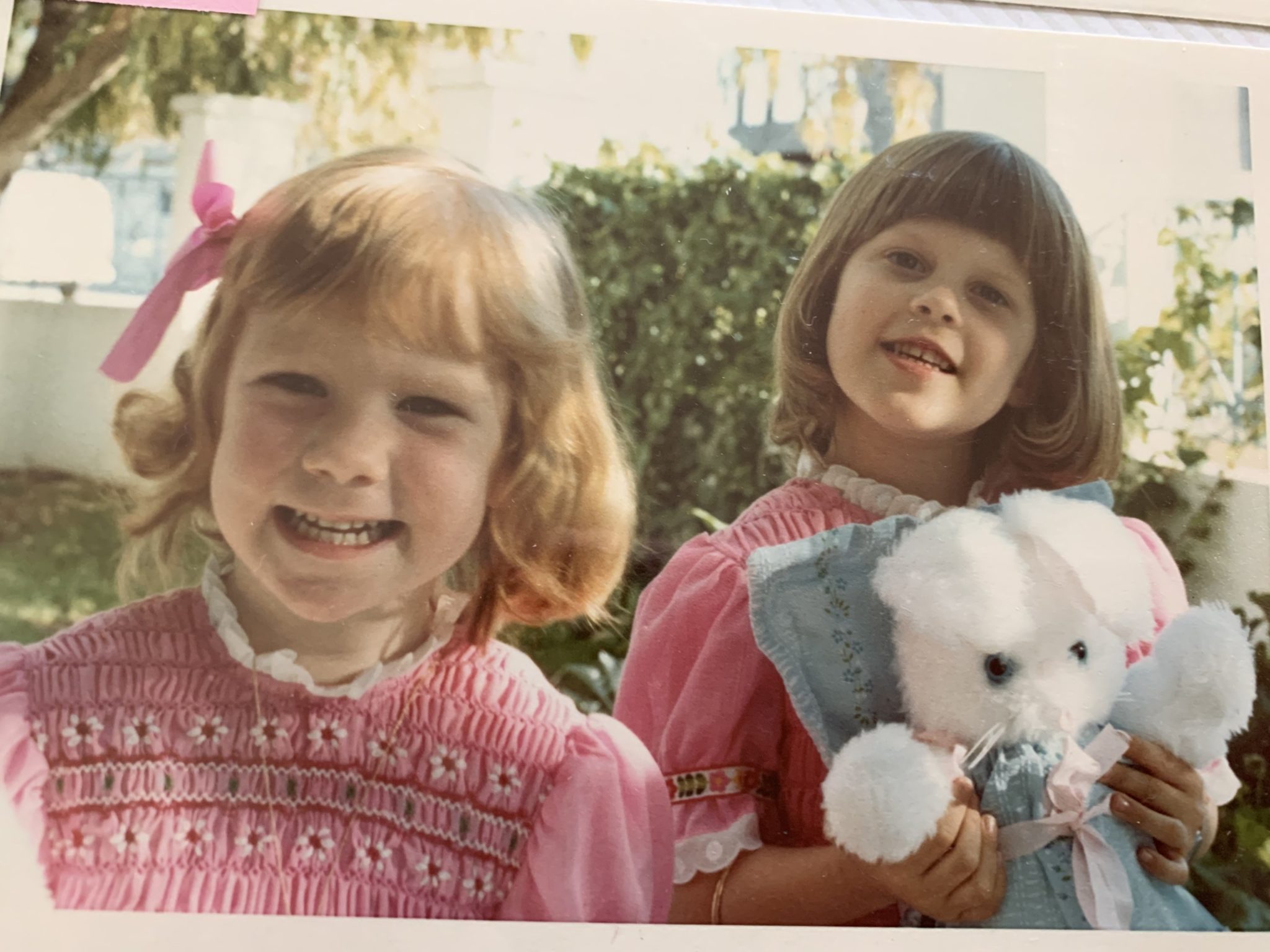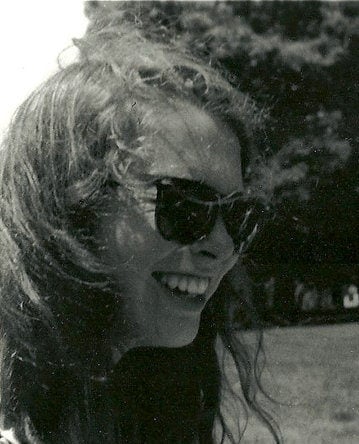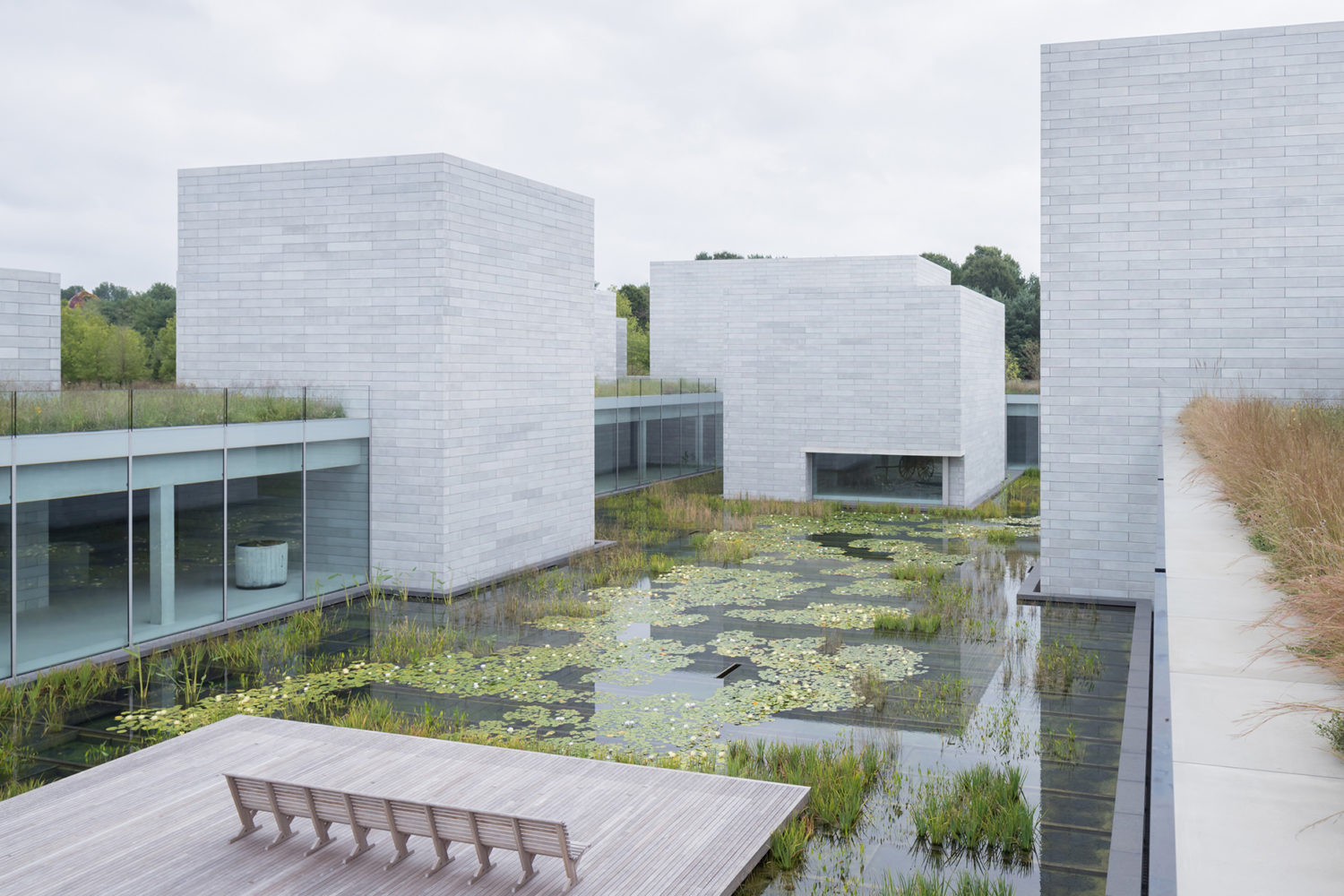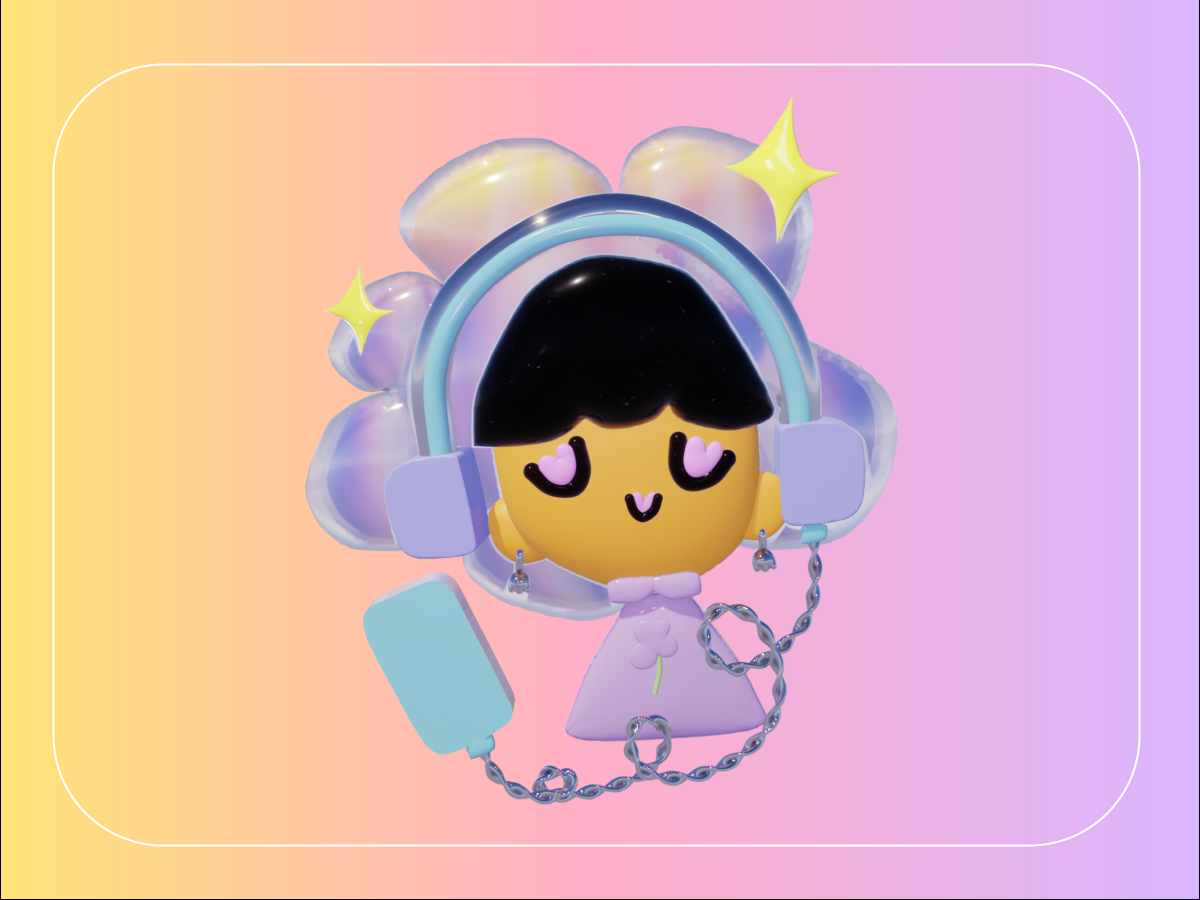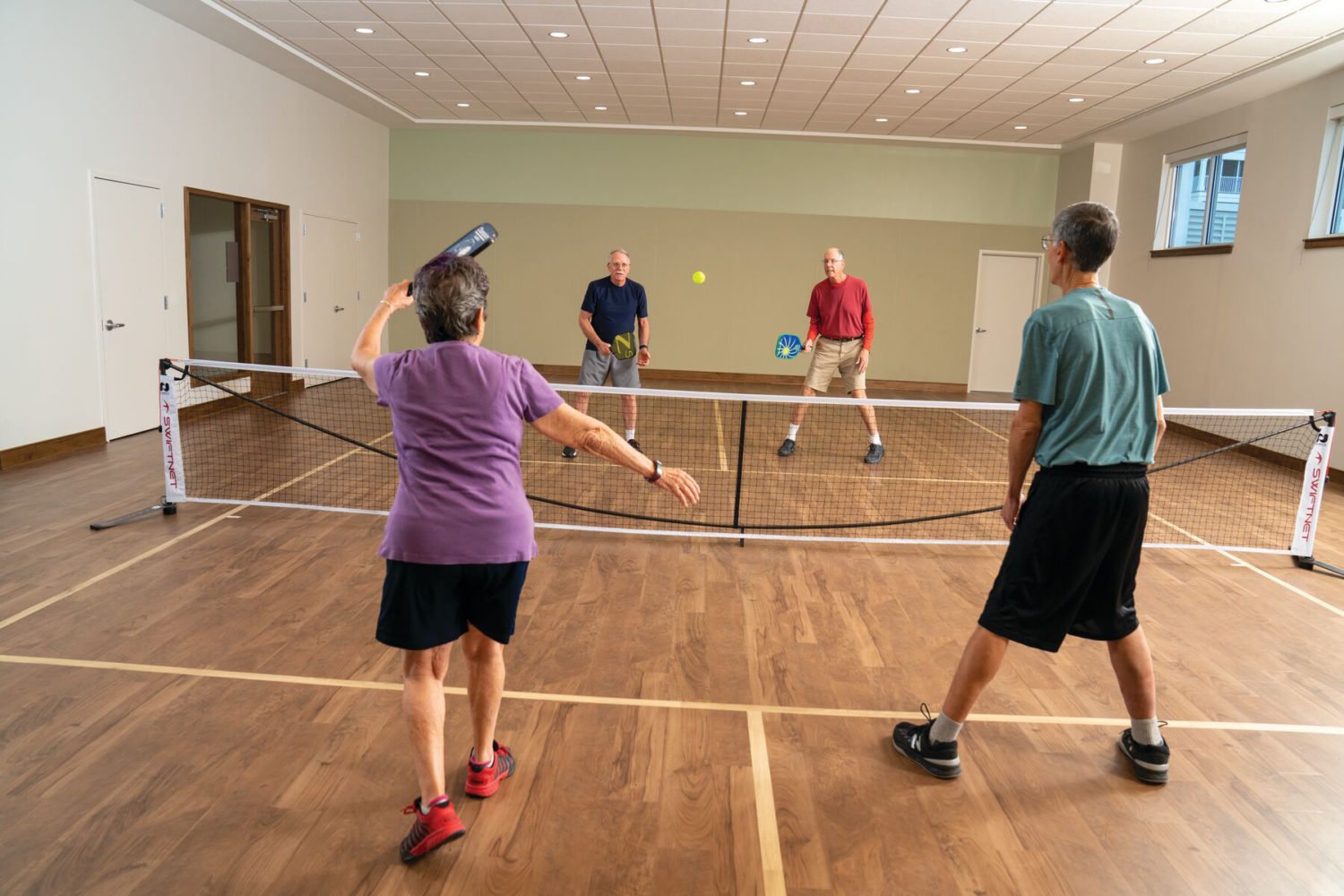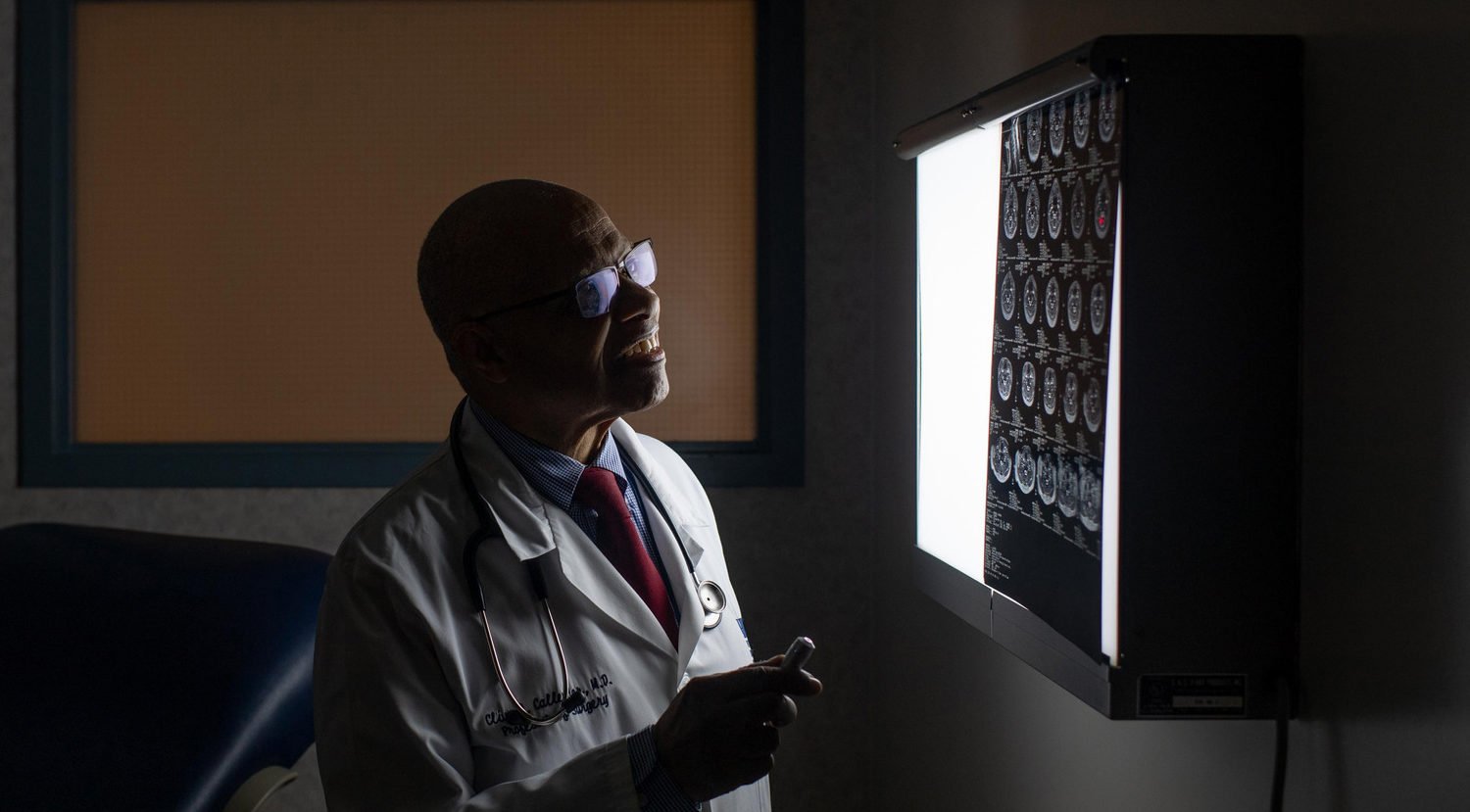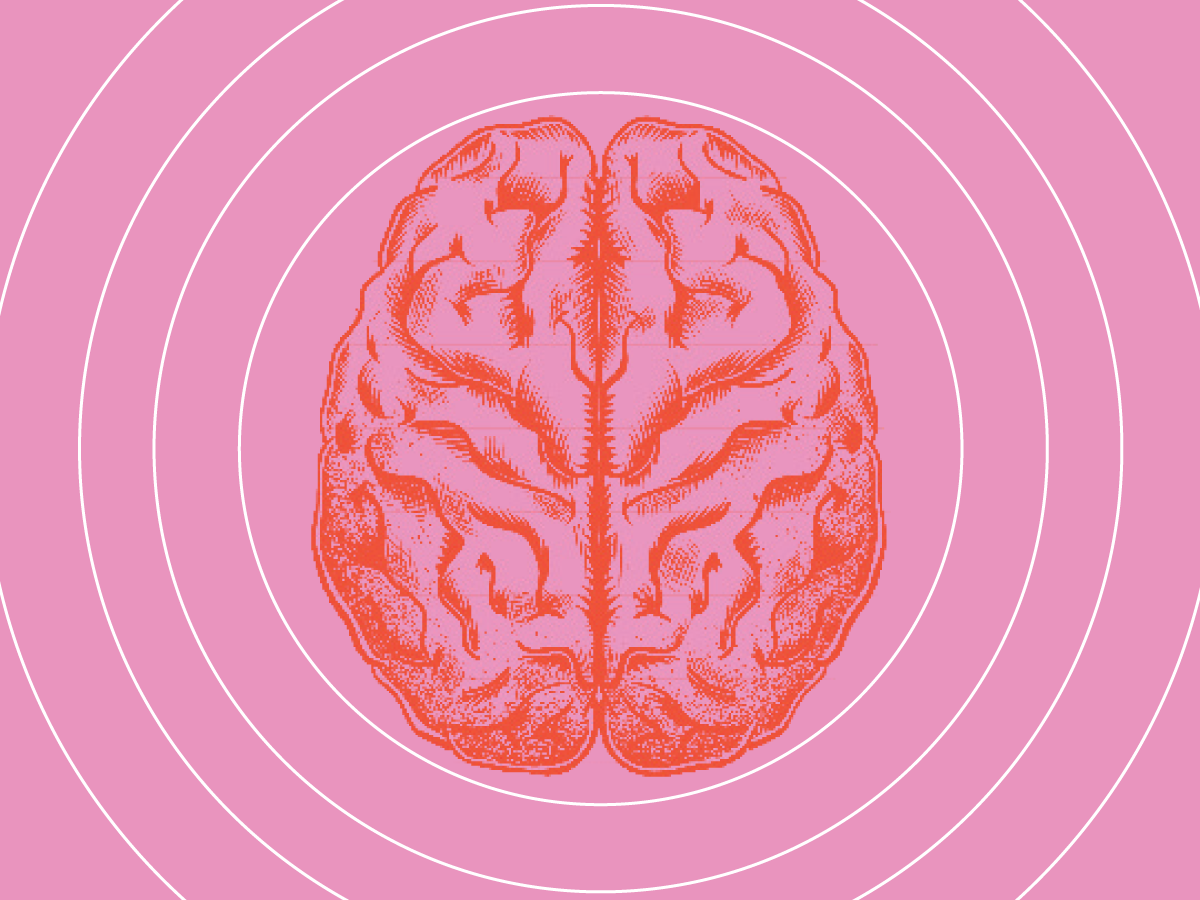When Jen Gallagher, 46, of Blacksburg found out she had polycystic kidney disease seven years ago, her doctors at UVA Medical Center said she’d need a kidney transplant within the next decade. Around Christmas of last year, they told her to start looking for a donor.
And she found one in the most serendipitous of places—her adoptive sister, Monica Sakala, 44, who lives in Kensington.
Gallagher was adopted by Sakala’s biological family when she was a baby, and the family has two additional biological daughters, Annie Riehl and Emily Gallagher. When Gallagher was diagnosed with polycystic disease, a hereditary condition where cysts develop on the kidneys and cause them to shut down, her adoptive father helped her track down her birth parents. They discovered her biological father had the disease, and his mother had died from it.
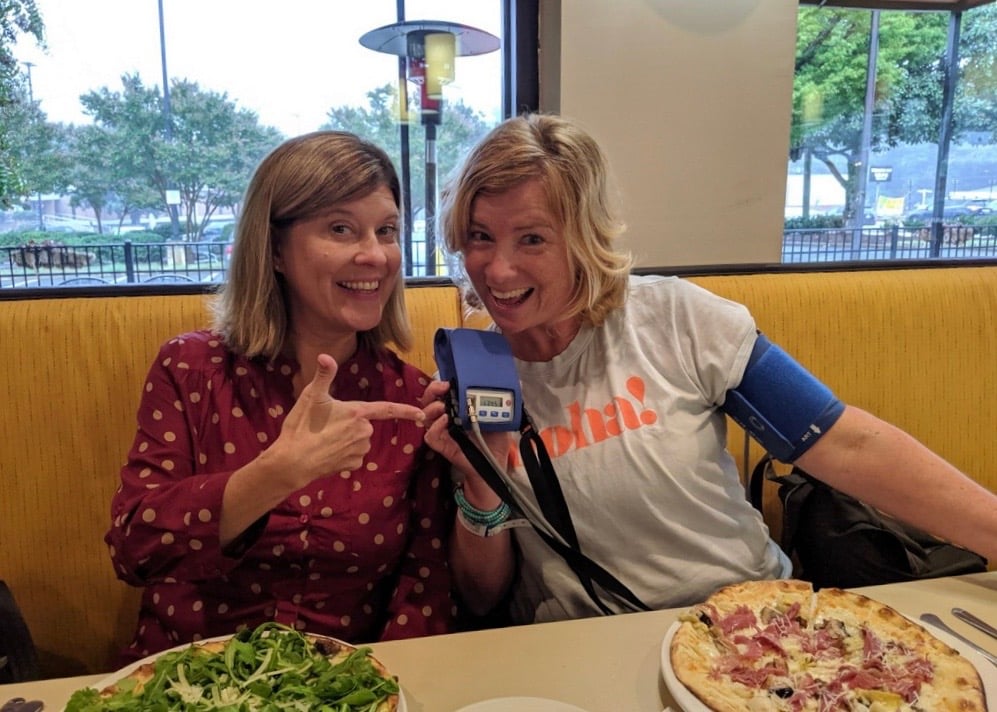
When it came time to begin searching for a transplant, Gallagher turned to Facebook, outlining her request and sharing the process for people to be evaluated as donors. She’d recently become engaged, she wrote in the post, and was looking forward to getting married and being a mother figure to her fiancé’s four boys. “Having one part of my life come together as the other part starts to fail really makes this a rollercoaster of a disease,” she wrote.
“To ask for help is a hard thing,” says Sakala of her sister. “To ask people for an organ, I would imagine, is an even harder thing.”
The post was shared over 2,000 times, but after evaluating several candidates, Sakala was the only one left. The selection process is multi-faceted: while blood type is important, it isn’t the ultimate deciding factor, she says. For example, Gallagher is O negative, whereas Sakala is O positive, a difference that can be solved in part by taking immunosuppressants, aka medications that help the body not reject the new organ. “It’s less about that than it is about clearing the really rigorous physical process of evaluating your body,” says Sakala.
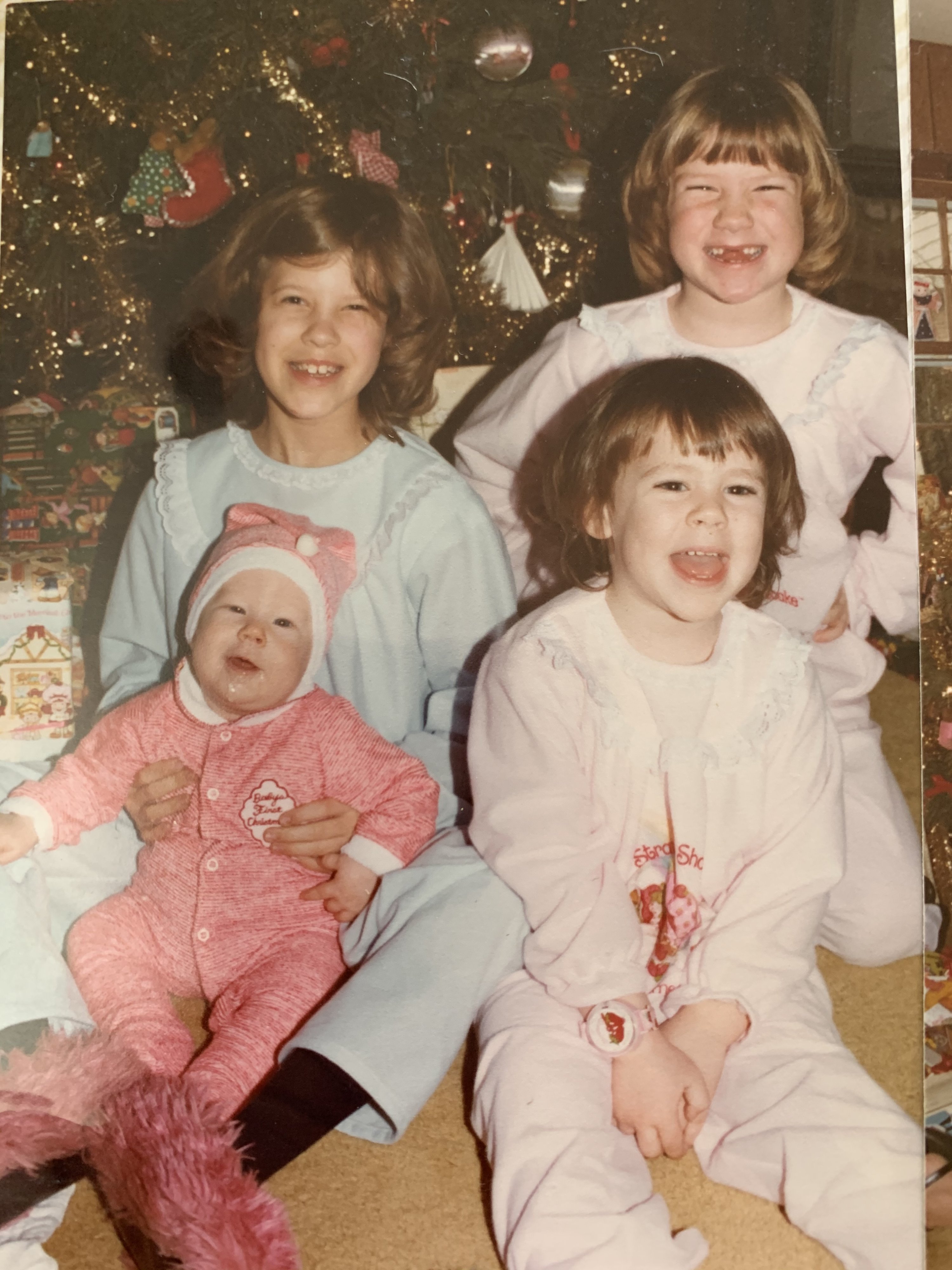
Testing included things like screening for diabetes and high blood pressure, making sure candidates weren’t overweight, and examining medication histories. “It’s like the most spectacular physical I could ever get,” says Sakala.
In another twist of kismet, both Sakala and Gallagher can’t be blood donors. They traveled around the world as children for their father’s job as a diplomat, and their blood is at risk for carrying latent diseases. “I don’t know if I could give a kidney to anyone other than Jen,” says Sakala of the unusual circumstances. “It’s really cool—we like to say she’ll be like a biological Gallagher now with my kidney.”
Sakala believes fate played a big role in this process. “If Jen hadn’t been adopted, I don’t know if my mom would have ever gone on and had three children and made six kidneys,” she says. “And now one of them is going to [Jen].”
While the transplant is considered a minimally invasive surgery for Sakala, Gallagher will have to remain in the hospital while her doctors monitor how her body is accepting the kidney. “I’m feeling good about it,” says Sakala. “I’m really ready to move on and cross this one off the list and hopefully find Jen in better health.”
And, in one final sprinkling of serendipity, the surgery will take place November 14. It will be Gallagher’s 47th birthday.

